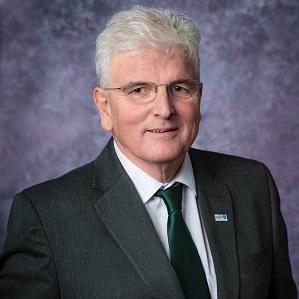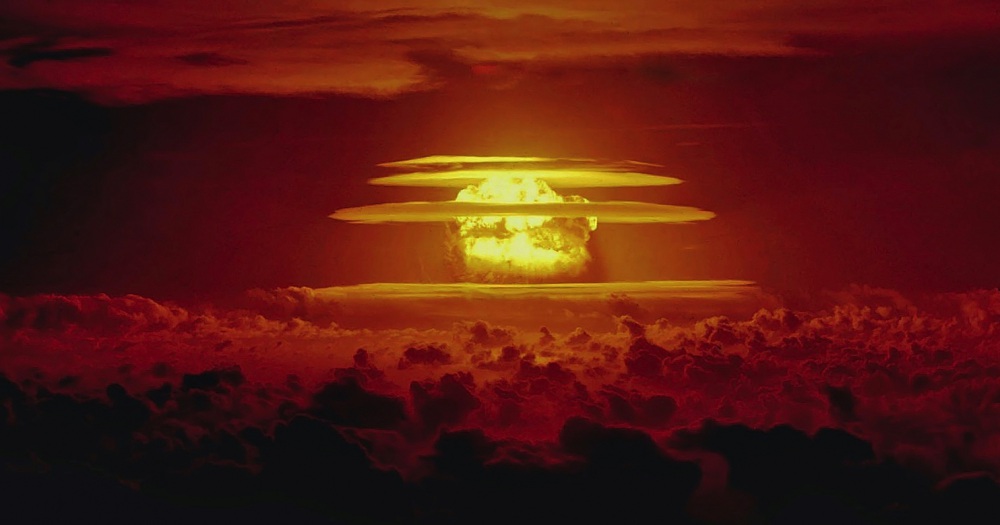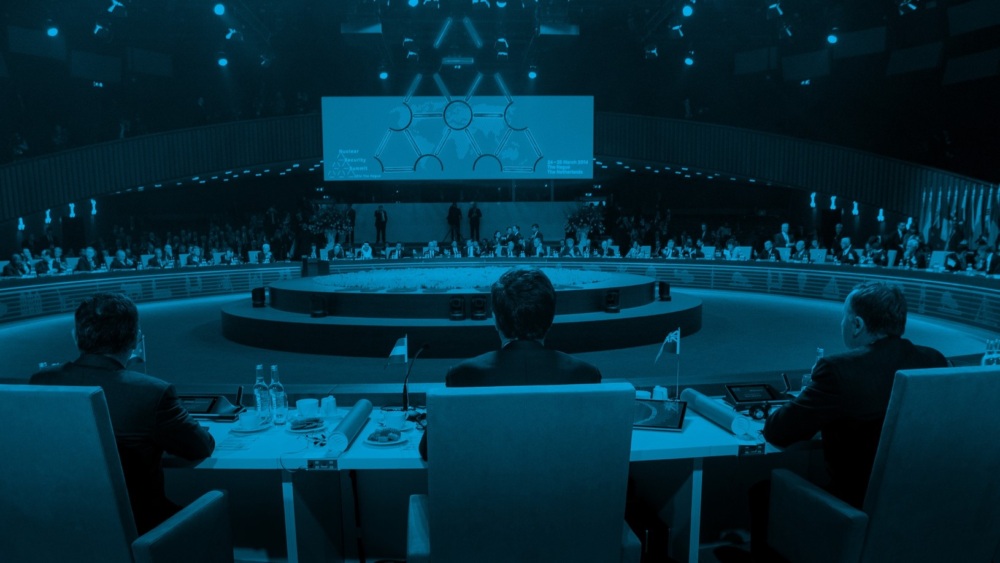
Des Browne
Vice Chair, NTI
In an open letter to Austrian Federal Minister Sebastian Kurz, more than 130 current and former senior political, military and diplomatic leaders from 46 countries express support for this conference, call on governments to state emphatically that any use of a nuclear weapon anywhere on earth would have catastrophic human consequences, and lay out a four-point agenda for action.
Signatories to the letter include two former presidents, six former prime ministers, six former UN Under Secretaries-General, a former NATO Secretary-General and 37 former Foreign or Defense ministers. They describe the Conference as an “opportunity for all states, whether they possess nuclear weapons or not, to work together in a joint enterprise to identify, understand, prevent, manage and eliminate the risks associated with these indiscriminate and inhumane weapons.”
The letter is a joint initiative developed following a recent meeting in Buenos Aires of the Global Networks Forum—regional leadership networks coordinated by the Nuclear Threat Initiative. In it, the leaders call for a global effort to identify nuclear risks, reduce nuclear risks, raise public awareness and improve readiness to prepare for the worst—a nuclear incident anywhere around the world.
Proposed steps include:
The signatories—who comprise a global network of voices united to reduce the threat posed by nuclear weapons—call on all nuclear weapons states to acknowledge their special responsibility for this set of issues. The Global Networks Forum includes the Asia-Pacific Leadership network (APLN), the European Leadership Network (ELN), Latina American Leadership Network (LALN) and the North American Nuclear Security Leadership Council (NSLC).
A full-text of the letter can be found on the message page of the conference website and on the website of each of our organizations.
Sign up for our newsletter to get the latest on nuclear and biological threats.
This paper highlights the need for renewed attention to the catastrophic effects of nuclear conflict as a crucial step toward reducing the risk of nuclear use.


